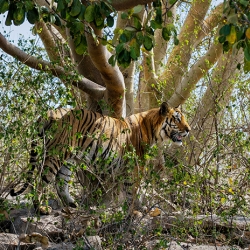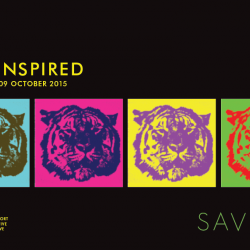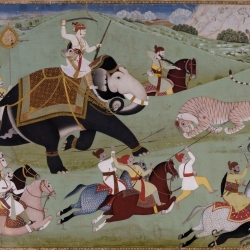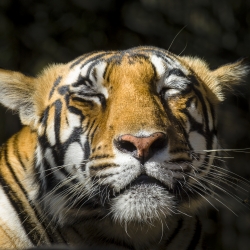Save Wild Tigers are proud to have supported the Satpuda landscape Tiger programme (SLTP) (one of the largest tiger conservation schemes in the world!), in central India over the past 5 years.
Around 400 Wild tigers roam across 7 interconnected Tiger reserves, including- Kanha, Melghat, Pench, Saptuda-Bori, Tadoba-Andhari and Navegaon-Nagzira. The Satpuda scheme is a critical and extremely effective conservation programme that we want to share some more facts about.
Established by Born Free & WildCru (Oxford university) 10 years ago, the programme is run by local independent NGO`s on the ground including- TRACT, CAT, Corbett foundation, Bombay Natural History society, Satpuda foundation and the NCSA. This has been a great example & model of how partners can work side by side to maximise the ultimate goal of ensuring the wild Tiger not only survives, but thrives.
Save Wild Tigers will be posting specific details of our involvement, results & plans for the future over the next few months-- so stay posted!!
Photo compliments of Roger Hooper- photographed in Pench Tiger reserve










